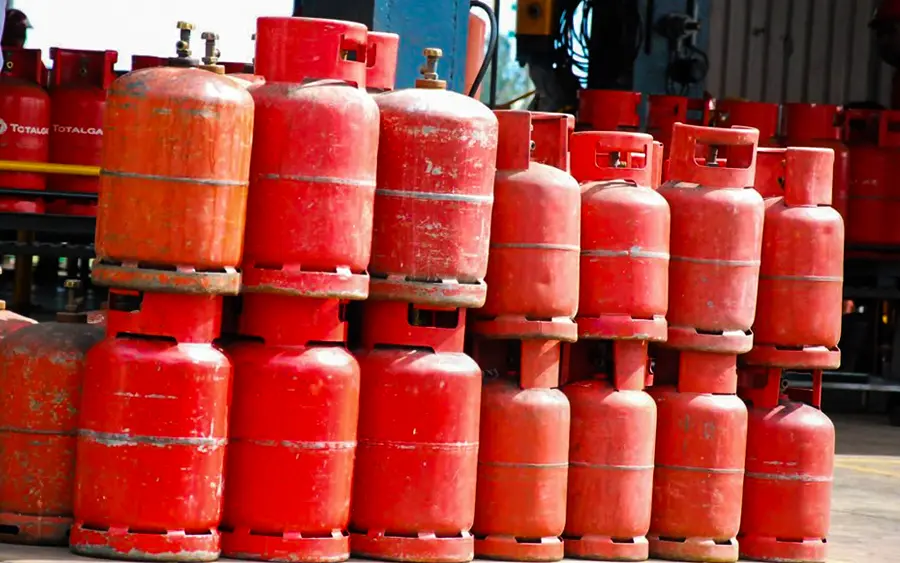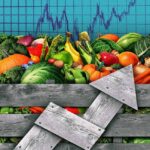Nigerians have been battling with many challenges including insecurity and harsh economic condition occasioned by high inflation rate. One worrying nightmare is the heightening price of liquefied petroleum gas (LPG) popularly known as cooking gas that has been on the lips of households and affected business owners since last year.
Data from the Nigerian Bureau of Statistics revealed that on a year-on-year basis, the price of cooking gas rose by 60.69 per cent from N6,164.97 in September 2021 to the corresponding period in September 2022.
- 2023: With competent president, Nigeria’s challenges surmountable – Gov. Emmanuel
- 2023: Nigerians must Reject Presidency by proxy – Peter Obi
High price of gas combined with declining purchasing power for individuals compounds the inflationary pressure an average Nigerian has been subjected to on all fronts.
About one week after Nigeria LNG Limited (NLNG) declared a force majeure (a major halt) in gas production, consumers have been lamenting a fresh hike in cooking gas prices in Abuja and its environs.
For instance, Mrs Onyeka Odoh, a resident of Bwari town in Abuja told Daily Trust that she bought a 12.5 kilogram content of Liquefied Petroleum Gas (LPG) otherwise called cooking gas for N10,500, rising by N700 in just one week. The price hike has affected many Nigerians in three major ways highlighted below:
Increase in price of cooked food
The persistent increase in price of cooking gas which many restaurants across the country use in cooking has led to a corresponding increase in the prices of meals or a shift in the quantity served to customers. Food vendors have devised this as a way of coping with the financial implication of high price of cooking gas.
Food vendors and restaurant owners, especially, have been struggling with high prices of food stuff compounded by that of gas. Rations of foods served for certain prices have noticeably reduced in many restaurants, while in others, there is already prices of recipe have been upwardly reviewed.

Alternative means of cooking
Many households and business owners have to find alternative means of cooking such as using firewood, charcoal, and sawdust to survive the high price of cooking gas.
Since the prices of these materials are still far below that of gas and serve the same purpose, there is an increased demand for them, especially charcoal and firewood.
Health challenges of cooking with charcoal, firewood
The alternative source of energy Nigerians find in firewood and charcoal is not without its far-reaching consequences. Energy sources such as firewood not only by pollute the environment and worsen the climate change crisis, they also have serious health implications on users.
Though Nigeria ratified the Paris Agreement on climate change in 2017, the country still grapples with the challenge of women and children suffering from the effect of constant use of firewood and charcoal.
The International Centre for Energy, Environment, and Development (ICEED) said 93,000 Nigerians die annually as a result of smoke inhaled while cooking with firewood, with women and children most affected.
This means that at least 450,000 Nigeria women will die from cooking with firewood or charcoal in five years if an alternative method of cooking is not introduced at an affordable rate.

 Join Daily Trust WhatsApp Community For Quick Access To News and Happenings Around You.
Join Daily Trust WhatsApp Community For Quick Access To News and Happenings Around You.


